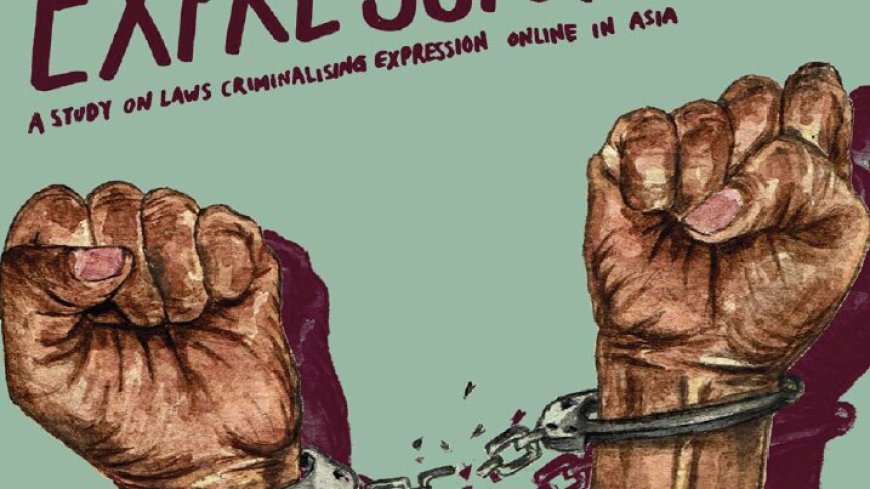“Silenced Voices: The Global Struggle Against Censorship”
Examining the global issue of censorship and the suppression of dissenting voices, this article highlights the impact on freedom of speech and expression. This article explores the global struggle against censorship and the suppression of dissenting voices. It discusses the impact on freedom of speech and expression, with real-world examples from various countries, including Kenya.

Censorship and the suppression of dissenting voices are pervasive issues that threaten the very foundation of freedom of speech and expression. Around the world, governments and powerful entities employ various tactics to silence critics and control the narrative. This suppression not only stifles individual voices but also hinders societal progress by limiting the flow of diverse perspectives.
In China, the government’s strict control over the internet and media is a well-documented example of censorship. The Great Firewall of China blocks access to numerous foreign websites and censors content deemed politically sensitive. This suppression of dissenting voices ensures that the government maintains control over public discourse and limits the spread of ideas that challenge its authority.
In Russia, the government has cracked down on independent media and opposition figures. Journalists and activists who criticize the government often face harassment, imprisonment, or worse. The case of Alexei Navalny, a prominent opposition leader who was poisoned and later imprisoned, highlights the lengths to which the Russian government will go to silence dissent.
Kenya, too, has faced issues with censorship and suppression of dissenting voices. During the 2017 elections, the government shut down several TV stations that were covering the opposition’s swearing-in ceremony. This move was widely criticized as an attempt to suppress dissent and control the narrative. Additionally, journalists and activists in Kenya have reported harassment and threats for their work, creating a climate of fear and self-censorship

.
The suppression of dissenting voices has far-reaching implications. It not only violates the fundamental right to freedom of speech but also stifles critical thinking and innovation. When diverse perspectives are silenced, society loses the opportunity to engage in meaningful dialogue and address pressing issues.
To combat censorship and protect freedom of speech, it is essential to support independent media, promote digital literacy, and advocate for stronger legal protections for journalists and activists. By amplifying the voices of those who are silenced, we can work towards a more just and open society.
What's Your Reaction?














































































































